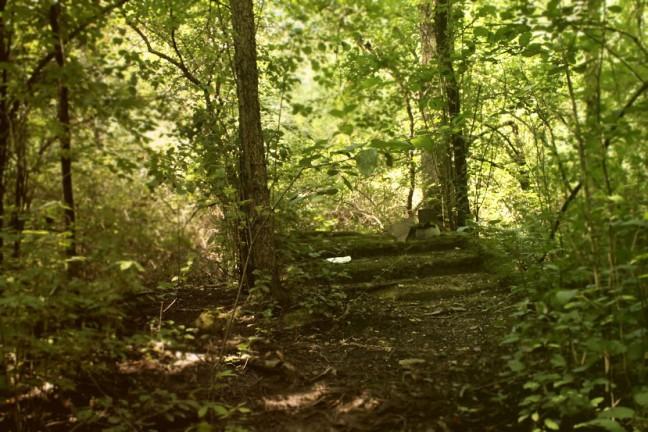Newly released data from the Wisconsin Department of Natural Resources reveals wolf population numbers following a controversial hunt in February 2021. Before the hunt, the DNR estimated the population to be around 1,126 wolves — the population now stands at around 972.
In January 2021, the Wisconsin Natural Resources Board rejected a Republican request to resume wolf hunting, saying they needed until November to set a well-researched quota. Shortly after, a conservative litigation group sued the DNR and a judge ordered the hunt to take place immediately on Feb. 11, 2021.
This ruling conflicted with a state law that stipulates hunting season should be over by the end of February. But farmers and hunters insisted that wolf populations needed to be controlled, pointing to 108 verified wolf conflicts in 2021. Many of these involved pets and livestock.
Nurses’ agreement with UW Health leaves unionization unsettled
On the other hand, conservationists and Wisconsin tribal nations criticized the hunt, saying it was unnecessary and harmful. To opponents’ credit, hunters killed 100 more wolves than was permitted under the DNR’s quota.
Further, the current wolf management plan is out of date. While some revisions have taken place, parts of the report rely on information from 1999. Population and ecological information from more than two decades ago is entirely inaccurate for modern circumstances. Without an updated plan, the DNR can’t make informed decisions about population control policies.
The DNR is currently working on a new management plan, according to their website. The agency plans to engage various stakeholders, such as hunters, scientists, tribal nations and the broader community in their decision-making process.
A draft was originally supposed to be presented for public review in the spring of 2022, but this has yet to take place. There is no release date, though a DNR spokesperson did say they hoped to have a draft out to the public by this fall, according to Associated Press.
Renaming of federal lands aids in recognition of Indigenous cultures
The delays and uncertainty over the completion of the updated management plan raise serious concerns. Feb. 11, 2022, the DNR announced that Wisconsin was no longer authorized to hold a wolf hunting season, following a federal ruling that placed wolves back on the Federal Endangered Species list.
While the DNR attempted to delay a hunt before gathering more information back in 2021, the reality is that critical decisions about wolf management are being left to political bodies, rather than the agencies with relevant expertise. Clearly, the impacts of the February 2021 hunt were not researched thoroughly enough.
Issues of population management transcend state borders and because of the nationwide status of wolf endangerment, the February 2021 hunt in Wisconsin never should have been permitted.
Wisconsin shifts suicide prevention strategy for veterans, potential to expand
The DNR has the challenge of addressing the needs of diverse groups with different motivations, such as conservationists and tribal nations versus hunters and farmers. The issue, however, remains in the undue influence of the latter groups in the planning processes that impact wolf populations in Wisconsin and beyond.
According to a press release from the DNR, while abundance has certainly decreased, wolf populations are still stable. But public concern is not unfounded. The DNR has a responsibility to follow through and update management plans, before enacting additional policies about wolf populations.
Anything short of that would reflect irresponsible decision making from a government agency that is not accountable to the public.
Celia Hiorns ([email protected]) is a sophomore studying journalism and political science.





















